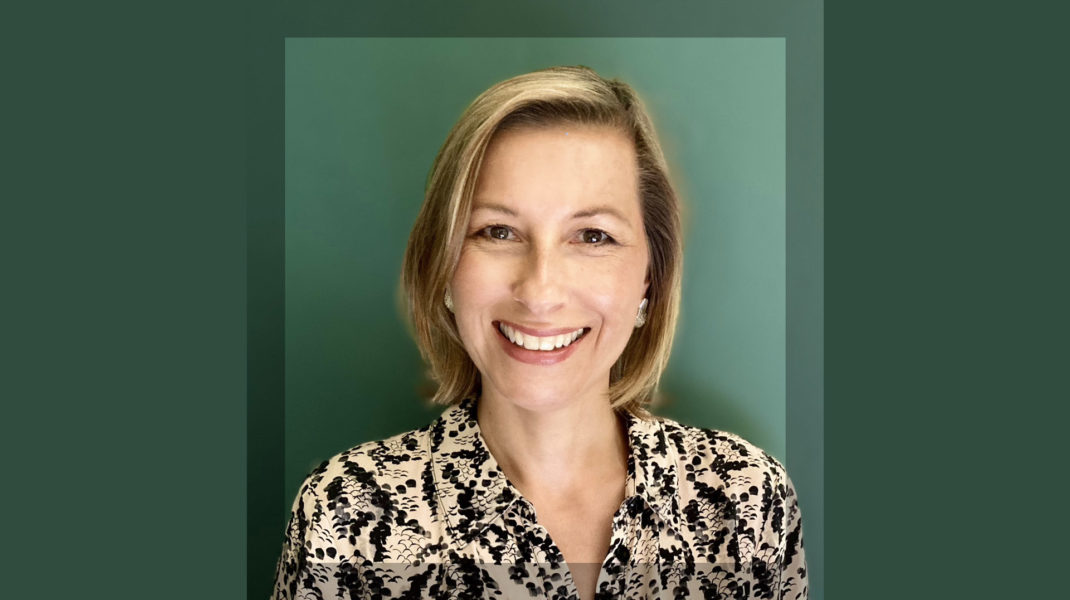


Ahead of rehearsals starting for York Theatre Royal’s large-scale community production His Last Report, we caught up with co-writer Bridget Foreman to find out more about the play and what audiences can expect from this very special community show…
Bridget is no stranger to YTR community productions having co-wrote In Fog and Falling Snow with Mike Kenny in 2015 and Everything Is Possible in 2017. This summer 2025 the production will focus on one of York’s most influential social reformers, Seebohm Rowntree…
What has the process of writing His Last Report been like?
I’ve co-written a few times in the past and every time it’s completely different. Each writer naturally brings to the process their own dynamic and unique way of working and it’s so interesting to see how such a creative working partnership develops. The process with Misha has been brilliant – we both have such different backgrounds and experiences as writers and it’s been so great to work together on this project and develop the characters and plot.
For the first time we’ve also had input from the local community to help us, particularly during the research phase. We kicked off with a really extraordinary research session with community volunteers where we asked some searching questions about the real perception of the Rowntree legacy in the city. Following that research session we had people rushing to share with us their personal connections with the Rowntree family which was simply fascinating. What we were really interested in was how we could incorporate those personal stories into our story and delve into areas of research that we wouldn’t otherwise have been able to access.
What was the most surprising thing that you found out during the research stage?
Seebohm lived such a long time and what the play tries to do in part, is to allow us to see this long view of history right through to today. Seebohm’s work which led to the blueprint of the welfare state was so important and he really thought he would see out poverty in his lifetime. The kind of things he uncovered in his first report about poverty though will unfortunately still be so familiar with a modern audience. Many of the things that he helped to put in place have been systematically dismantled and we explore how astonished he would be by that.
No spoilers but in the final draft I also made a discovery about one of the characters in the play and it was one of those incredible moments which can be such gold dust from a writers point of view.
So what can audiences expect from the show?
A really good night out first and foremost! It’s absolutely not a fusty period play and there is a real sense of joy and humour that comes through alongside all the historical detail. We play with time in a way that is quite adventurous dramatically so I hope the audience will be surprised with how we take them to interesting places and worlds that they may not expect.
Beyond that, I think people will find themselves learning more about a lesser-known Rowntree. I really hope that the story will remain with people and change the way they look at the world, even just a little bit. That for me is the really exciting thing about making theatre – the way it can change people’s lives for the better.
What do you think Seebohm would think if he came to see the play?
Well we know he absolutely loved theatre – he was on the board of York Theatre Royal and essentially saved it and helped to shape what it is today! He was a passionate defender of theatre as something which shouldn’t be censored and strongly believed that the arts were essential to living a rich and full life. I think he would love seeing a huge community cast telling this story on such a platform.
I also hope he would feel seen by it – what we have tried to express is the complexity involved in the work he did and the struggles he engaged with. Even though poverty has not been eradicated, I hope he would be encouraged by the fact that people have picked those struggles up and that his legacy did have a vital impact.
What are you most looking forward to in the rest of the process?
I can’t wait for the first time it goes in front of an audience and hearing how they react and respond. I remember In Fog and Falling Snow there was a moment which made the entire audience gasp and you sometimes don’t know exactly how the lines will land until you see it live on the stage.
The read through was such a great experience too to hear those lines we’ve pored over for so long being lifted off the script in the hands of the community performers. We have such a fantastic cast and I can’t wait to see how they develop their roles during the rehearsal process.
What is so special about this kind of community production?
One of the treats of writing a community play like this is the ability to write at such a scale. Writing scenes which feature scores of people is both an immense privilege and a huge challenge. New plays are the life blood of the theatre and it’s so wonderful to work on a project like this where we can take such a big story and bring it to life with the support of so many community volunteers.
His Last Report is at York Theatre Royal’s Main House stage from 19 Jul to 03 Aug.
Find out more information and book your tickets here.